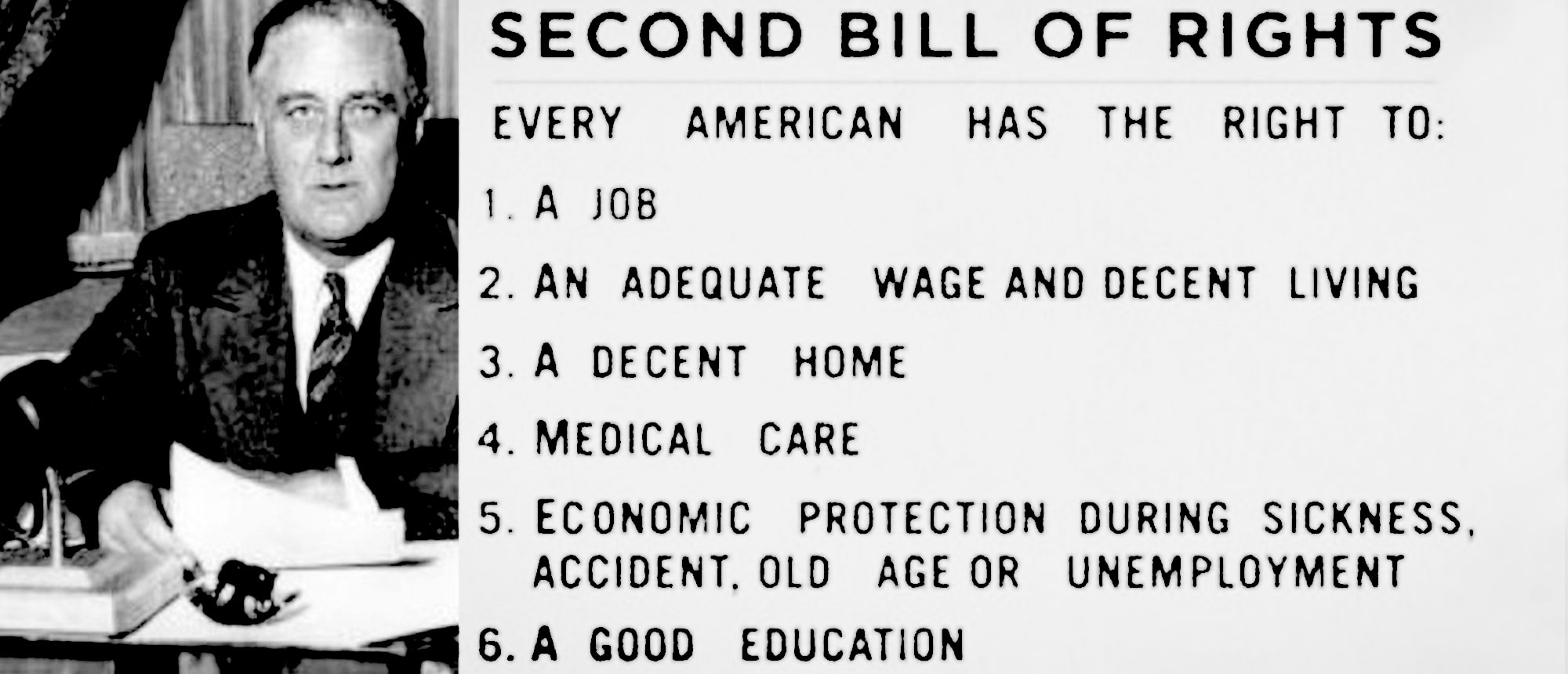(ThyBlackMan.com) The future of healthcare is pretty uncertain. Regardless of what law gets passed, what law doesn’t get passed, what gets repealed and what doesn’t, we never really know how it’s going to affect our costs. We can react at the time to try get the best deal we can, but the onus is on the individual to make healthcare as affordable for themselves as they can, at the end of the day. If you feel like your medical bills are coming back a little too high, you have to start asking when you’re paying too much and figure out what you can do about it.
If you’re paying for perfectly preventable issues
This might veer into health advice more readily than it offers financial assistance, but the truth is that they’re both highly linked. Once upon a time, it was widely known that a lack of wealth could serve as a barrier to healthy life choices like better food and memberships to the gym. Nowadays, however, staying healthy doesn’t cost a fortune. Anyone can get a workout schedule arranged for them with an app. Whole food ingredients are becoming cheaper to buy with apps that can help you plan meals, as well. It’s time to stop treating healthy life choices as “choices” and start thinking of them as mandatory. For the good of your health and the wallet that has to bear the brunt of treating preventable health issues. The most common and fatal preventable disease of them all is heart disease, after all.
If there are charges there shouldn’t be
Treating preventable illnesses isn’t the only way in which you might be paying for treatments that you shouldn’t. Medical billing errors are a lot more common than you might think. One of the most common is when there are charges that have no right being on that bill. For instance, your healthcare provider might accidentally print  out the same treatment twice or they might charge you for a cancelled service. Challenging a medical bill is more than possible, but it’s best to be as careful as possible when doing it. Make sure you take down notes of every representative of your insurance company and healthcare team you talk to, any errors they notice, and what measures they suggest you take.
out the same treatment twice or they might charge you for a cancelled service. Challenging a medical bill is more than possible, but it’s best to be as careful as possible when doing it. Make sure you take down notes of every representative of your insurance company and healthcare team you talk to, any errors they notice, and what measures they suggest you take.
If little mistakes cause an insurer to refuse to pay for it
As mentioned, mistakes are common. In fact, some studies suggest that as many as 4 in 5 of all bills contain mistakes. Sometimes, these aren’t too serious and won’t impact costs. Sometimes, they duplicate them. Other times, they can prompt your insurer to flat out deny paying them. Incorrect patient information, such as getting your name or insurance ID number wrong, can lead to this. In that case, it’s all about simply getting the healthcare provider to correct it.
If you’re getting treatments you don’t necessarily need
Sticking with the theme of superfluous billing, there’s another way you can avoid the costs of preventable treatment. Ask yourself whether or not you really need it. If your doctor is insistent on a certain test, it’s probably wise to take it. However, be aware that there are often unnecessary medical procedures you might get recommended. Imaging testing for back pain that hasn’t lasted more than a few weeks, for instance, and bone density tests when you’re young and experience no musculoskeletal issues are some of the most common ones. These tests and procedures are usually carried out in good faith, but that doesn’t mean they’re being carried out only when necessary.
If you don’t ask about lower costs
Make no mistake, your medical costs are negotiable. Not just out of error, but you might be able to haggle the price of treatment before it even begins, too. The best thing to arm yourself with when it comes to negotiations is information. Before you get your next treatment, test, or prescription, look up their prices from other providers. When you find the average, or how large a discount another insurer would receive, then you’re much closer to the real price of medication, for instance. You might even consider asking your doctor if they work elsewhere. If they work at an outpatient clinic outside the hospital, you could keep your doctor for cheaper by visiting them there, instead.
If you’re paying by card
Paying by credit is almost always going to result in a costlier service, no matter whether it’s a car, a computer, or a home. Interest will always be a factor, as well as any merchant fees that a service provider might pass to you. However, paying by cash can be particularly beneficial when it comes to healthcare thanks to some common and hefty discounts. Doctors get to skip a lot of administrative hassle and credit management work by taking cash, so they’re often more than happy to deal with you directly. Doing it this way does mean forgoing the insurance company, however, or choosing not to disclose your insurance provider. Some may see it worth keeping that secret for much more affordable care.
If you’re paying for brand-name drugs
In the majority of cases, when pharmaceutical companies get patent happy with their medication, it’s bad news for the consumer. The price of prescription drugs is at an unreasonable high right now, but there are ways to get around it. There are many medications on the market which are generic versions of the same expensive brand names. They have all the same active ingredients. In fact, they’re legally required to. The only differences in the vast majority of drugs are side ingredients like coloring and flavorings. This is why generic medications might look or taste different from the usual. Ask your doctor about generic alternatives the next time you get a prescription. There are some specific cases where it’s a no-go, but in most cases, you are getting the exact same treatment as a much cheaper rate.
If you don’t understand all your charges
Getting copies of your medical bills and learning how to read them from now on is crucial when it comes to identifying costs that shouldn’t be there, as we’ve already covered. However, there is a problem with a lot of bills that can obfuscate things to the point you’re not sure what you’re reading. Many healthcare professionals will batch all the separate charges into one overall fee without showing any distinction or definition of what the individual charges are. Make sure you’re always getting the itemized bill and inform them that you would prefer to get them sent out first from now on. It’s not usually the case that doctors want to intentionally keep you in the dark, it just saves them time and effort, but that’s a price they have to pay if you want to know what you’re getting charged for.
If you don’t use a payment plan when you need to
If you’re genuinely having trouble keeping up with the bills, then it’s not the right move to stay quiet about it and hope that no-one notices. Someone will, eventually, and that can lead to a spiral of debt and collections that can add chronic stress to your other ailments. Talk to your doctor about a payment plan to help you chop your costs into a more affordable long-term arrangement. Just make sure you’re agreeing to a plan that’s honest about your ability of what you’re able to pay. If you fail to keep up with the plan, you have few options from there beyond risky maneuvers like consolidation.
If it’s not your fault
Always be aware of who’s truly responsible for an injury or illness you’re getting treated for. If you were injured in a car accident caused by someone else’s reckless driving, a personal injury lawyer can help. If the work environment is to blame, then you’re protected by the law and your employer will have to fork out instead of you. Your insurance costs will raise every time you have to pay for your own treatment, so it’s not worth being merciful and taking the bullet yourself when someone else should be paying for you.
If you’re entitled to some help
If you’re on a low income or fit certain criteria, then you might be entitled by law with some help affording your healthcare, as well. Again, it’s tumultuous time for healthcare changes and no-one knows whether the same programs will be in place a year or two down the line, but there are schemes like the Medicare Savings Program, Veterans Benefits, and State Pharmaceutical Assistance Programs that might be worth enrolling for. A lot of people feel a certain reluctance to apply for benefits, but when it comes to being able to afford the treatment you need, you should push that reluctance aside. Your health is more important.
There are plenty of situations where you might be paying too much for your healthcare. Always bear in mind who is really responsible for an injury, take advantage of what assistance you can get, and start reading your bills more carefully.
Staff Writer; Carl Royster




















Leave a Reply